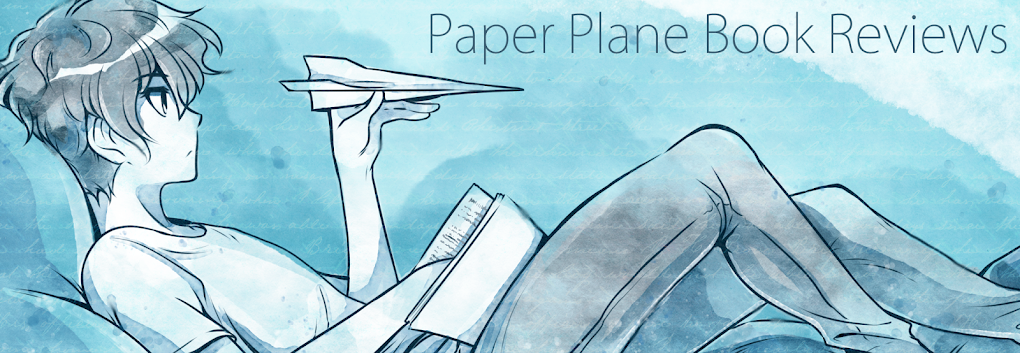It is probably a bit presumptuous of me to start targeting the Bard himself for criticism, considering that I've only been blogging and reviewing for little over a year. But I'm going to do it anyway, because I've already read some of his plays for various levels of schooling and I've enjoyed the experience every time, so I see no reason why I should put off reading the entirety of his works any longer. My edition of Shakespeare's complete works orders the plays in what can be considered chronological order (much as that is disputed), so I'll just be reading them in the order set out there, as I see no reason to hop around the texts all willy-nilly. Hence why I've started with the first part in the Henry VI series of plays.
Considering that the play is named Henry VI, Henry himself doesn't turn up until the beginning of Act III. Much as he is the title character though, I wouldn't say that the play is much about him. He's a background factor more than anything. The real conflict here is that of Talbot rallying English troops to regain lost French territories, combating the supernaturally aided presence of Joan La Pucelle (known to most of us as Joan of Arc); this effort is threatened from within the English forces by the uprising of various factions, who aim to influence the young, naive King Henry to support their various personal causes. It also involves lots of stabbing and a lot of jokes about cowardly Frenchmen. As a text, I'd say about half of it works really well. Political intrigue and the changes of allegiance work fantastically because it's an opportunity for Shakespeare to really have some grand dialogue, even if the reason for it is petty beyond all reason. Obviously, battles are a visual things and thus are implied between lines of dialogue, which can make it kind of difficult to keep track of what's just happened if you miss the tiny bit of text about one or another character dying. That said, it's a play, so it is meant to be watched. Hence why I watched the BBC's adaptation of it. While the limitations of using one sound stage for every scene, including battles, made the affair somewhat less grand than I had imagined, it was quite well made and very entertaining to watch. It's a shame that I could never really take the French characters seriously as a threat then. First there's Charles, the Dauphin who claims to be the rightful King of France, is an idiot no more fit for the throne than King Henry who is supposed to be a child; a similar thing could be said of Alencon. The other main followers, Reignier, the Bastard of Orleans and Burgundy just sort of blend into the background. Not what I would consider especially threatening. But my main problem with the French characters is La Pucelle. Compared with the men, she's pretty much lain claim to all the potential evil that they could have had as a whole. Communicating with the legions of hell? Check. Biggest gold-digger that side of the Channel? Check. Disrespectful to the dead? Check. This may just be the interpretation of the BBC production, as she seemed less of a conniving egomaniac in the text itself, but I had sort of hoped that La Pucelle would have at least one redeeming feature, but no. I can appreciate that making the French seem anything but evil would have been unheard of in the time it was written, but there is such thing as re-interpretation. Oh well, it's not an absolutely awful flaw, much as I've talked about it, certainly nothing that detracts from the enjoyment of watching or reading Henry VI.
Overall, a solid first entry into the Henry VI trilogy of plays, if a little simplistic in some areas. 3.5/5
Next review: Angel by L. A. Weatherly
Signing off,
Nisa.

No comments:
Post a Comment